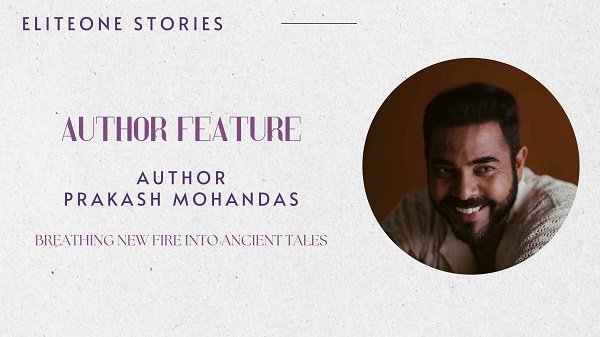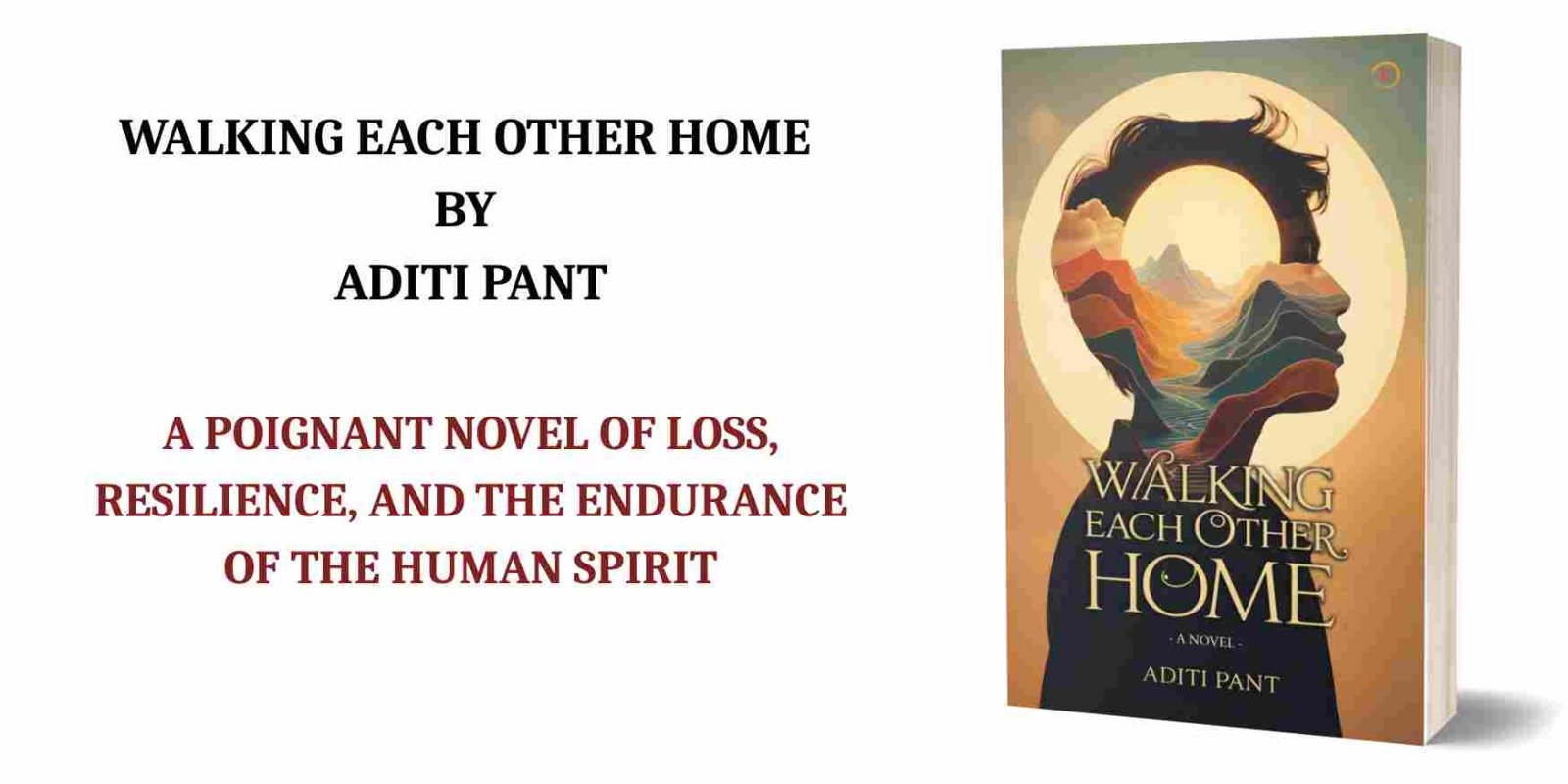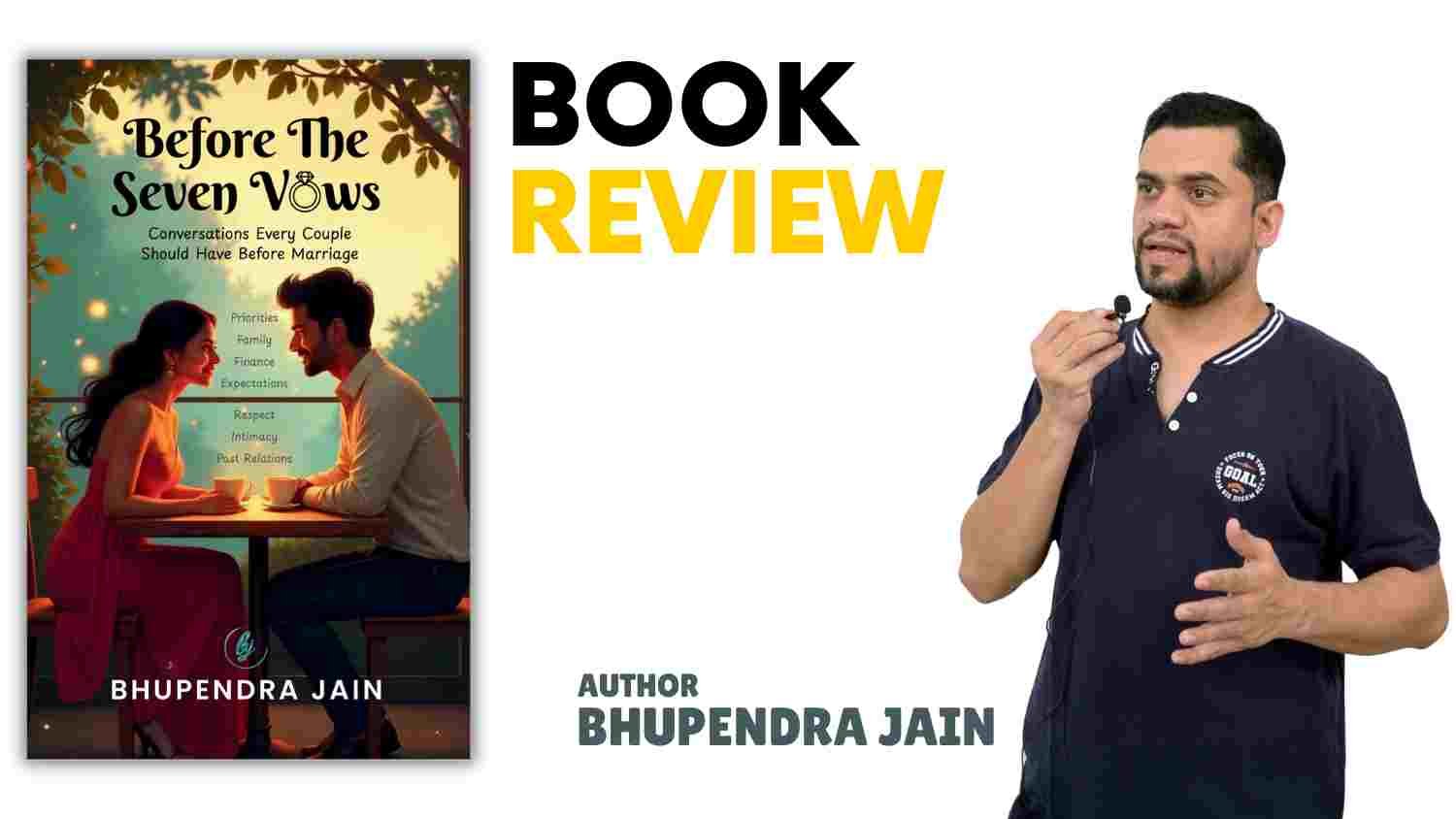In an era where retellings of mythological epics dominate bookshelves, few authors dare to take the road less travelled—to not just revisit what was, but to imagine what could have been. Prakash Mohandas is one such voice, carving a new path in Indian speculative fiction with his riveting trilogy Lanka – The Prophecy of the Bloodline. With this ambitious project, he does not simply retell the Ramayana; he dares to ask the question, “What happened next?” The result is a vivid, intricately woven narrative that expands on the rich lore of Lanka, bringing to light characters long overshadowed and introducing new ones that breathe life into an ancient land still pulsing with unresolved destinies.
What sets Mohandas apart is not just the boldness of his imagination, but the discipline and passion he brings from every facet of his multifaceted career. A dancer, actor, musician, filmmaker, and entrepreneur, Prakash Mohandas is not confined by a single medium. He is the founder of Agni Dance, Agni Entertainment, and the Agni Foundation for the Arts—organizations that have long served as vibrant platforms for promoting South Asian art and storytelling. His transition into writing fiction is a natural evolution, blending years of experience in performance, storytelling, and visual expression. Through Lanka, he has taken the ethos of these disciplines and distilled them into prose that feels cinematic yet intimate, poetic yet powerful.
At the heart of Lanka – The Prophecy of the Bloodline lies a question that’s as spiritual as it is political: Can peace truly be born out of war, and can an ancient prophecy heal a land long torn by deceit, betrayal, and ambition? Mohandas’s fictional universe begins in the aftermath of the Ramayana, with Ravana gone and Vibhishana—the righteous brother—appointed king. Under his rule, a brave and just Rakshasa clan known as the Lankans begins to rise. But peace is short-lived. Enter Shurpanakha, Ravana’s sister, often reduced in the original epic to a caricature of lust and vengeance. Mohandas reimagines her not as a side character but as the central antagonist—intelligent, manipulative, and entirely capable of orchestrating events that changed the course of Lanka’s history. In this version, the kidnapping of Sita, the ensuing war, and Ravana’s downfall are not just impulsive acts of pride or vengeance, but calculated moves in Shurpanakha’s master plan to seize the throne and reshape the kingdom in her image.
It is this nuanced portrayal of characters—especially the so-called villains—that makes Mohandas’s narrative stand out. Shurpanakha is not evil for the sake of being evil. She is cunning, strategic, and utterly convinced that power must be earned through force. Her plan to bear a son from the most powerful Rakshasa lord in order to fulfill a prophecy to her advantage is as tragic as it is brilliant. She seeks control not just over a kingdom, but over fate itself. The struggle she incites between the enslaved Mayas and the forest-exiled Lankans becomes a symbolic battle between darkness and light—but not in the simplistic good-versus-evil dynamic we often expect. Instead, Mohandas explores the grey zones of ambition, prophecy, loyalty, and legacy.
Amidst this chaos, the prophecy revealed by the wise sage Vishwamitra brings hope. He foretells that only one carrying the royal bloodline can bring peace to Lanka. This revelation sets the stage for an epic quest—not just for power, but for identity. Who is this prophesied heir? Can he or she unite two fractured Rakshasa clans and restore balance? Or will the very knowledge of the prophecy trigger greater bloodshed as each faction races to control its outcome?
In constructing this universe, Mohandas does more than reimagine mythology—he creates a living, breathing world that echoes with today’s socio-political tensions. Questions of heritage, manipulation of sacred truths, and the fight between ideology and destiny resonate with our times. And yet, the story never feels preachy or weighed down by allegory. It moves with the rhythm of a storyteller who understands entertainment as much as depth. There is action, betrayal, fantasy, love, and power struggles—all crafted with a visual richness that speaks to his background in cinema and performance.
What’s particularly refreshing is the author’s respect for the source material without being confined by it. He acknowledges the Ramayana, not as a fixed narrative, but as a springboard for creative expansion. His writing honors the essence of Indian mythology while liberating it from traditional confines. In doing so, he invites a new generation of readers to engage with epic storytelling in a way that feels both contemporary and timeless.
Beyond the pages of Lanka, Prakash Mohandas continues to foster creativity through his arts foundation and entertainment ventures, proving that storytelling is not just a profession but a lifelong calling. Whether through stage, screen, or literature, he remains committed to pushing boundaries, asking uncomfortable questions, and giving voice to characters who deserve more than a footnote in mythic memory.
Lanka – The Prophecy of the Bloodline is just the beginning of what promises to be an extraordinary literary journey. For readers tired of formulaic retellings and hungry for a story that dares to forge its own path, Prakash Mohandas offers a bold new mythos—one that doesn’t just echo the past, but redefines it.



